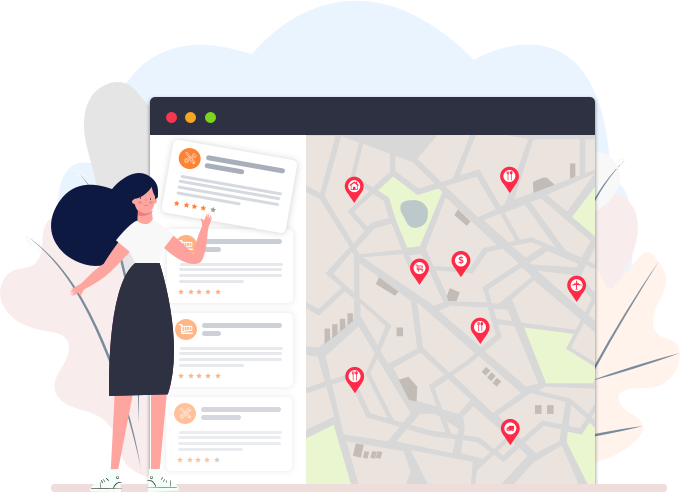How to Choose the Best Web Portal for Your Needs
How to Choose the Best Web Portal for Your Needs
Blog Article

Within today's digital landscape, the way we access information has changed significantly. Given a myriad of resources accessible online, choosing the appropriate web portal or web directory can have a profound impact on how you navigate the internet. Regardless of whether you are looking for specific resources, exploring new interests, or managing a business, grasping these tools will help you make educated decisions and improve your online experience.
Web portals and web directories fulfill distinct purposes, yet they are often misunderstood. A web directory categorizes links and resources based on categories, which makes it easier to find sites relevant to your interests. On the other hand, a web portal acts as a gateway to a variety of services and information, often offering personalized features. Recognizing these differences is essential for selecting the appropriate tool to meet your specific needs and simplify your online activities.
Comprehending Internet Gateways
Internet gateways are consolidated systems that present users with a access point to a diverse array of data and solutions. They function as a bridge connecting users to different assets, like databases, software, and instruments tailored to particular needs. Businesses and entities often use internet portals to simplify processes, boost efficiency, and enhance user satisfaction by consolidating diverse data resources into a single convenient place.
A key of the key features of internet portals is their capacity to tailor information. Individuals can create profiles that allow the system to provide personalized content based on their interests and behaviors. This personalization can include news updates, product suggestions, and pertinent documents. By responding to personal user needs, internet portals can significantly enhance engagement and user satisfaction.
Additionally, internet portals often combine team-based elements that allow interaction and sharing among members. Tools such as discussion boards, social media connectivity, and document sharing facilities facilitate engagement, making the portal not just a hub of data but also a social area. As businesses increasingly adopt online technologies, comprehending the capabilities and advantages of web portals becomes important in harnessing digital solutions for better results.
Reviewing Your Requirements
When deciding between a web directory and a web portal, it's essential to assess the specific needs of your initiative. Reflect on what you aim to gain with the solution. Web directories are typically intended for listing resources and links, making them ideal for displaying businesses, services, or products in an systematic manner. If your primary goal is to supply users with convenient access to organized information, a web directory may be the best choice.
On the flip side, if you need a more all-encompassing solution that integrates various services and features, a web portal could be the right option. Web portals often include integrated tools, such as user accounts, forums, and tailored content, boosting user engagement. Identify whether your users would profit from additional functionalities in addition to just access to information. Understanding the range of interactivity you need will inform your decision.
Business Growth Directories Online
Moreover, consider your audience and their expectations. Are they looking for a straightforward way to access links and information, or do they require a more dynamic experience? Engaging with your target audience can yield valuable insights into their interests and behaviors. This understanding will not only enable a superior user experience but also help you choose a site that matches with their needs.
Comparing Web Portal Options
When comparing web portals, it is important to consider the specific features that each portal offers. Some portals specialize in managing content, enabling users to easily arrange and disseminate information. Some portals may concentrate on community interaction, providing forums and community tools to encourage user engagement. Determine which functionalities are essential for your needs to help narrow down your choices.
Customization is a further important aspect to consider when selecting a web portal. Various portals allow for extensive personalization, allowing users to tailor the layout and tools to meet their preferences. This adaptability can boost the user experience considerably, making it easier to access relevant resources and information. Look for options that enable you to adjust the design and functionality without requiring extensive technical knowledge.
In conclusion, consider the scalability of the web portal. As your needs change, the platform should be able to accommodate growth, whether through increased user numbers, additional features, or expanded content. A portal that can grow with you will provide a long-term solution, minimizing the need for future migrations or revisions. Examine how well each portal can adapt to changing requirements before making your decision.
Report this page